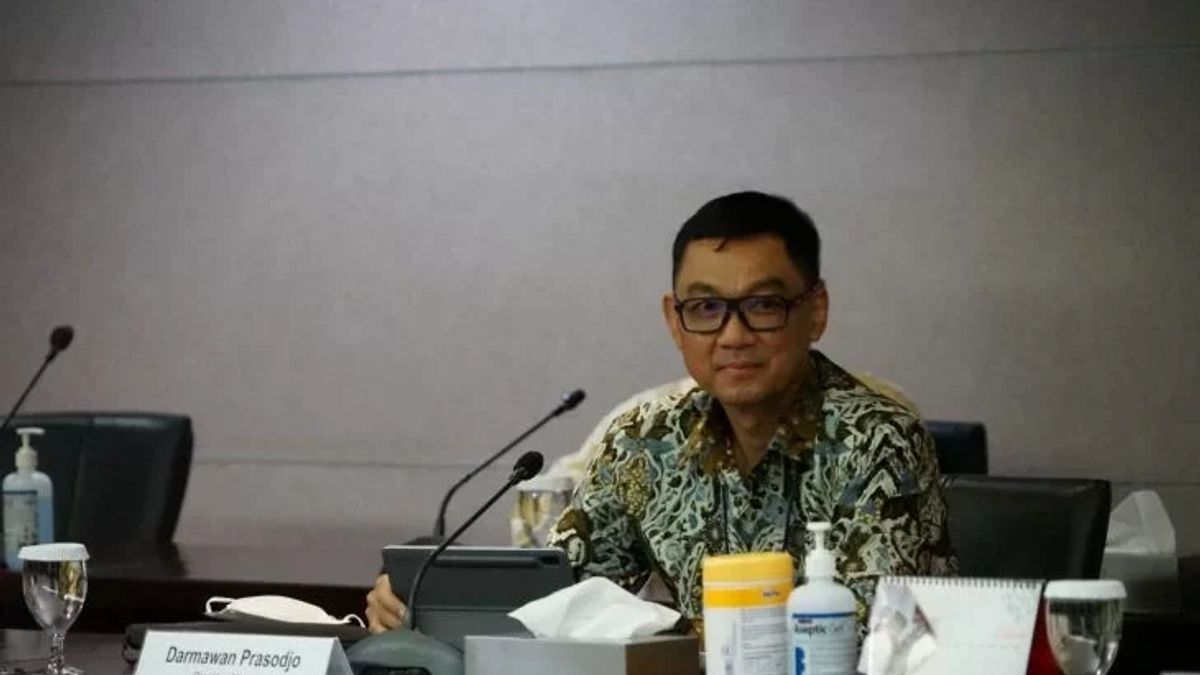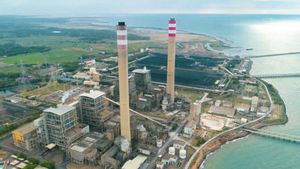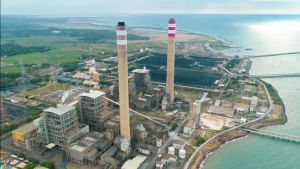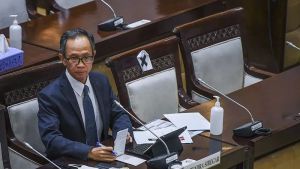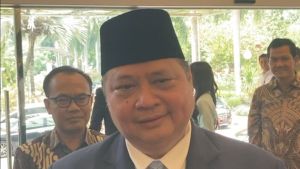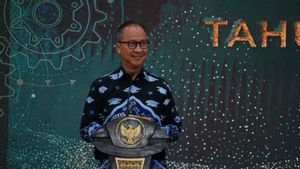JAKARTA - PT Perusahaan Listrik Negara (Persero) (PLN) is fully committed to energy transition and reducing emissions. He said that in the last two years PLN had canceled the plan to build 13.3 Gigawatts (GW) of coal plants, replaced 1.1 GW of coal plants with EBT, and set 51.6 percent of the addition of EBT-based power plants.
"We are in the process of designing and redesigning the national electricity plan," said PLN President Director Darmawan Prasodjo, quoted on Thursday, September 7.
With this new system, he said, PLN understands that there is a discrepancy between most EBT sources and the load center so that it will build a green engangling super grid to connect it.
He also said that currently PLN is in the process of designing and building an end-to-end smart grid. With this new network, PLN can increase the portion of solar and wind energy plants from 5 GW to 28 GW.
"The development of this green enabling super grid and end-to-end smart grid is increasingly urgent to overcome the discrepancies between EBT sources and the electricity demand center and accommodate the massive penetration of variable EBT," Darmawan continued.
He added that this system will be used in the future to support the development of the ASEAN Power Grid. This system is projected to be able to connect transnational transmission in ASEAN, starting from Laos, Vietnam, Cambodia, Malaysia, Singapore and Indonesia.
VOIR éGALEMENT:
"ASEAN Power Grid is not just a matter of electricity. But it reflects ASEAN's new power. Reflecting the change of ASEAN which was previously fragmented into a united ASEAN, for one purpose, prosperity for the Southeast Asian region," concluded Darmawan.
He further revealed that as economic growth accelerates, demand for electricity supply is also getting higher. "This is a common challenge, how to balance economic growth with energy resilience," he said.
According to Darmawan, the energy transition is now increasingly possible because electricity rates from new and renewable energy (EBT) are getting cheaper. However, the biggest obstacle to the energy transition is in the financing sector. "Given the character of EBT generators who need large capital expenditure investment at the beginning, although operating costs are relatively cheaper," concluded Darmawan.
The English, Chinese, Japanese, Arabic, and French versions are automatically generated by the AI. So there may still be inaccuracies in translating, please always see Indonesian as our main language. (system supported by DigitalSiber.id)
